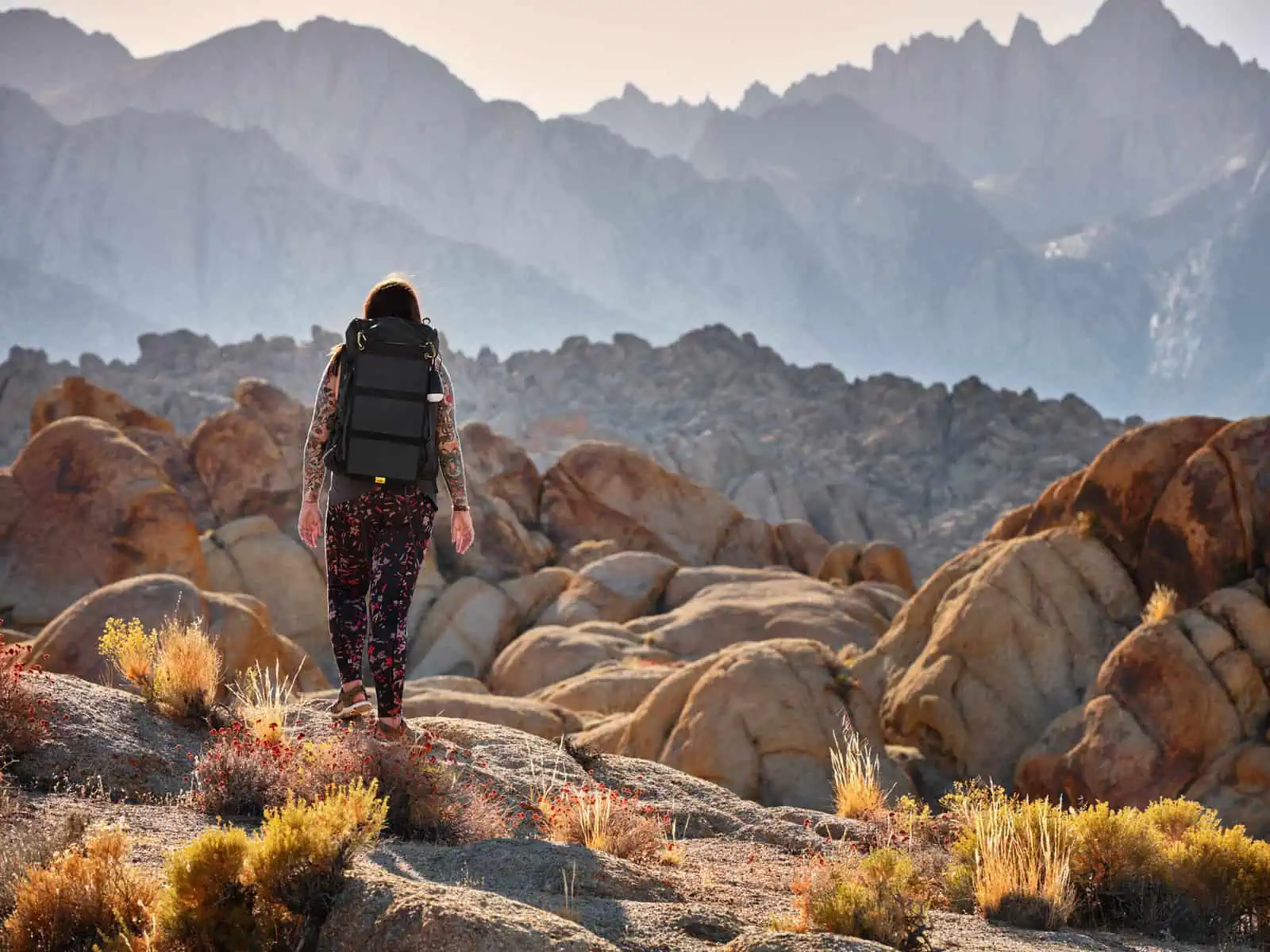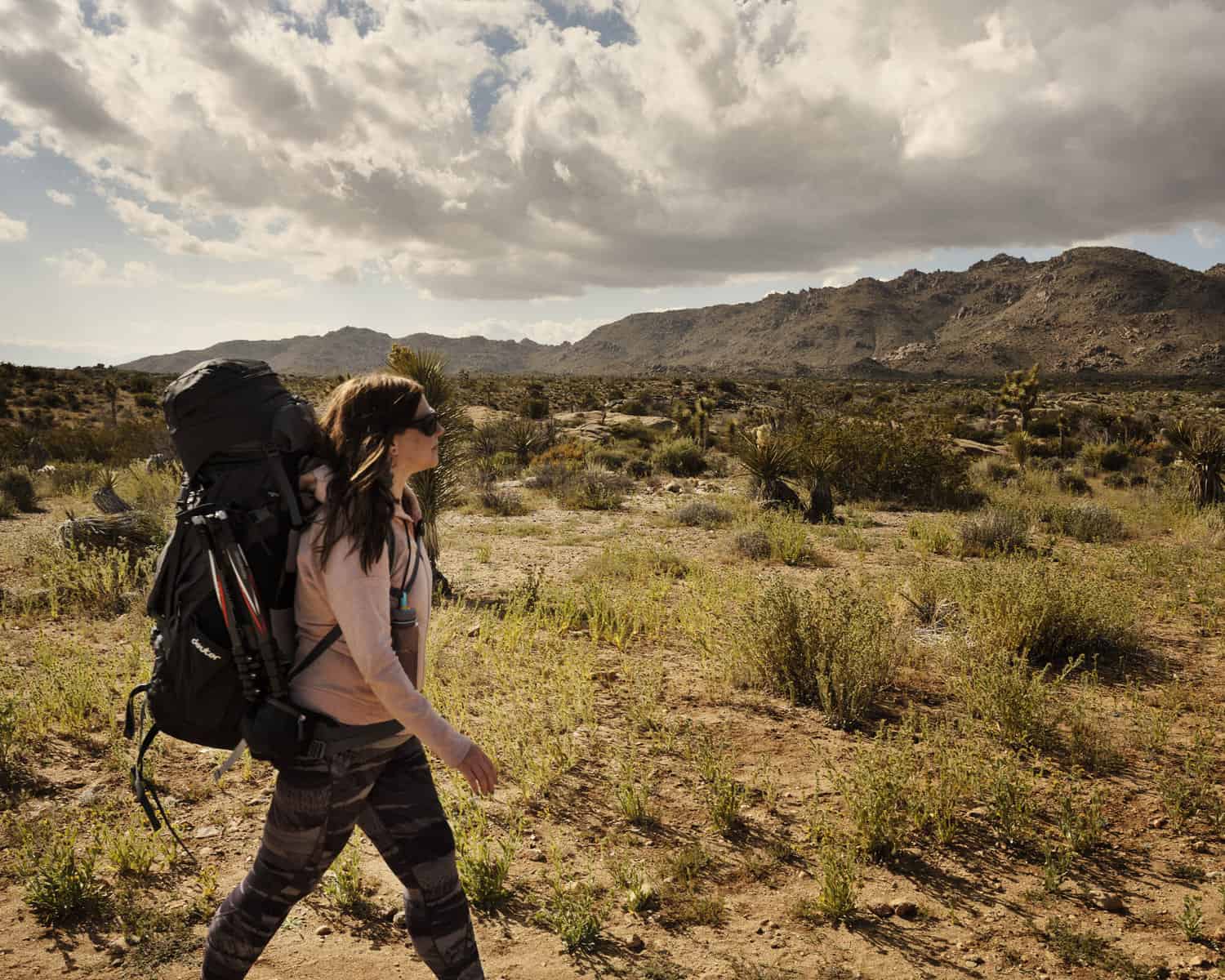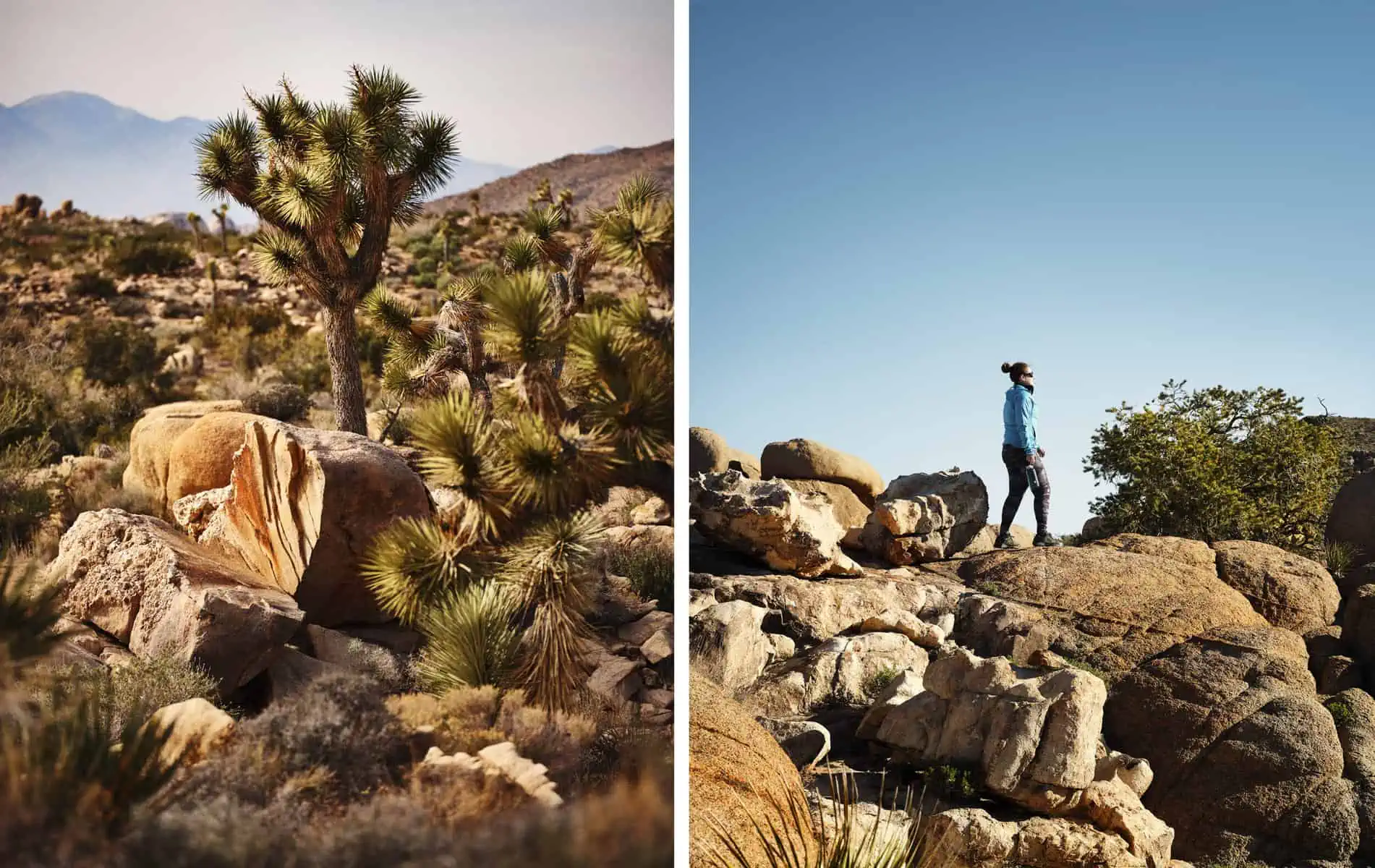As I sit here writing, I can’t help but find myself looking out of the window and seeing a grey, cold, rainy day in London and wishing I was somewhere else. At the time of writing, we’re a little short of two weeks out from a project that has been in planning for a good couple of months now, where we’ll be working on a project about pushing your winter comfort zone in the Sierra Nevada, California. I’m beyond excited that this is coming up and that we have some great projects taking shape for the following few months, but I don’t always feel like this. One part of an expedition that I find can be difficult to get a handle on emotionally is when it is over, and the adventure blues sink in.
This article has been in the making for a little while now and formed off the back of a conversation we had with our community over Instagram stories last Autumn. We’d noticed quite a few people had recently told us that they’d felt this well of blues, which often seems to come up at the end of the Summer season when a lot of people seem to finish their travels for the year or their involvement in a big adventure project comes to an end. We put out the question ‘what do you struggle with around adventure blues?’ and received a lot of responses – it was clearly something that struck a nerve with many of you. What we love about this community is the space that has been created for you to talk openly about the issues that come up as you navigate through a more adventurous life and conscious connection.
Here are some of the responses we received to the question;
‘I feel really lonely, like I can’t and don’t have anyone to really connect with.’
‘Like my normal life doesn’t compare to what I’ve experienced or that it is inferior.’
‘Feeling a bit worthless. Like I don’t know what to do with myself.’
‘Comparing my ‘finished’ adventure to that of somebody online who is still amidst an adventure.’
‘I get really aggravated by other people and feeling like they are stuck, and I’ve developed.’
‘Being too broke to travel again for at least another year.’
I get it, it can be tough. It can sometimes feel like you’ve returned a completely different person and reclaiming and working out your new, more evolved identity can be really troubling. The feeling of finishing a big project in the outdoors and not knowing what is next as you’ve spent every waking moment thinking about that can lead you to feel lost. Those ups and downs as you reintegrate can feel overwhelming. If you google ‘how to deal with adventure blues’ most of the things I’ve read in the past suggest you just start booking another trip to look forward to. I don’t believe that is the solution. Of course, travel and adventure are wonderful things. However, I believe that travel and adventure are about more than a need to escape everyday life. It can be about learning to get better at everyday life.
I’ve experienced a whole host of different scenarios. I’ve come back from trips feeling changed. I’ve come back from adventures feeling traumatized and feeling lost at my identity, and everywhere in-between. However, coping with the blues takes a shift in mindset which will hopefully lead to you feeling more at ease and in gratitude of where you are now. That shift is seeing your whole life as an adventure.
I’ve navigated the tips below that have really helped me to live more mindfully around adventure blues to hopefully give you a fresh perspective.
Integrate what you’ve learnt into everyday life
I am a firm believer, based others and on my own experience, that adventure and travel can, if you let it, help you to become better at many things. It is quite difficult to quantify, but I’ve experienced better concentration, more enthusiasm and new philosophical contexts to things that I didn’t even realize would relate.Other people have told me how climbing mountains has made them strive in their jobs. One of the biggest things we can do when we come back from an adventure is to learn to integrate what we’ve learnt about ourselves on that adventure or trip into our everyday life as we develop as people. If you’ve ever been in therapy, you’ll know that only half of the work that you do with your therapist happens in the session, the rest happens in integration. Adventure and eye-opening benefits it has are no different. A useful exercise I’ve found is to sit down with my journal when I return and ask myself ‘what have I learnt about myself, the world, etc’ and ‘how can I integrate this into my daily life’. It is also important to think about how you can add more of what brings you joy into your life now. Is it a case of going for more bike rides a week? Or checking out a local climbing centre? Finding groups of likeminded people? Cooking some of the foods you’ve eaten whilst away, at home?
Appreciation for the small things
I feel so cliché when I write about gratitude, because it seems like it’s everybody’s go to, but it really does make a huge difference to the way we live our lives. Something that I really love and cherish when I come back from a big adventure is to appreciate all of the things that I didn’t quite have whilst I was away. If you were on a multi-day hike, where you were getting dirtier by the minute, the idea of having a fresh shower and clean clothes is an incredible feeling. The wonder around having all of your things around you rather than living out of a suitcase can feel incredible. I will often find myself writing a list on the journey home about all the things I’m looking forward to about being back and try to get as excited as possible. The truth is, when we look at the little things in life that we take for granted and that we don’t have when we’re travelling, we can start to find little moments of comfort in our everyday rather than waiting and living for the next adventure we’re heading off on.
Have patience and be mindful
It isn’t always possible to start planning your next adventure right away, and if your solution is to use adventure like a drug, waiting to get your next fix, I think it is important to look at what it is in your life that is making you feel so bad that you want to avoid it. Having patience with yourself, both where you are at and also acknowledging that this is a new phase is incredibly important. Have patience whilst you re-adjust to your new reality. Have patience whilst other people catch up with your enthusiasm and you level out. Have patience for that next adventure to come. Have patience for that next idea to come around something that is going to really excite you.
Acknowledge that people are at different levels
Of course, we want to be surrounded by people who are as enthusiastic as we are about our travels and adventures, but it is important to look at this through a realistic lens. I’m very lucky that my partner, Matt shares our adventures with me, and I feel like we very much experience things together on an even keel, but I know that isn’t always the case. Sometimes we do travel separately for various reasons, and with every trip, so much development happens that it can be a period of navigation when we meet again to see where each other is at. I think it is incredibly important to be having conversations with the people who are important in your life and share with them what is that has changed in you and how you’ve developed as a person. You might feel vulnerable at first but opening up like that is going to allow you to get onto an even ground. It can sometimes be helpful with your partner to even make a conscious plan of what you feel you need from the relationship and if there is anything that you might need to see change. If you find yourself coming up against negative resistance from others, I really do believe it’s very important to look at what role that person holds in your life and whether it is time to distance yourself from that connection. Of course, this ultimately depends on so many factors, and isn’t always easy to define, but surrounding yourself with likeminded people is incredibly important.
Tell your story
You might think ‘the world has enough stories’ but that simply isn’t true. Every single person’s adventure is interesting, every single person’s experience of a place is valid. Social media is a great space for this. If for nothing else but your own catharsis, writing about your experiences can really help you, and others who read about it.
Kill the comparison
It really is true that comparison is the thief of joy and it can feel heart wrenching when you go online straight after you’ve come back from a big trip and you see that somebody you follow is still off on this incredible adventure of a lifetime. It can make you feel like you aren’t good enough and can even take away from what you might have achieved on your adventure. We’re all on our own paths, and the idea that you’re seeing someone else doing what it is that you want to do is a sign that you’re perhaps closer to that than you think. I actually wrote a whole article about this a while ago around the idea of staying in your own lane which I’ve linked tohere.
I do get it, navigating adventure blues can sting like crazy. It can leave you feeling lost, like you don’t know what is next or like the odd one out, but I think, like with everything in life, it’s about being gentle with yourself. It’s about seeing where you are and being kind, and it’s also about seeing all of life as an adventure with ebbs and flows. I can seriously attest, you’ll have a much calmer existence that way.



